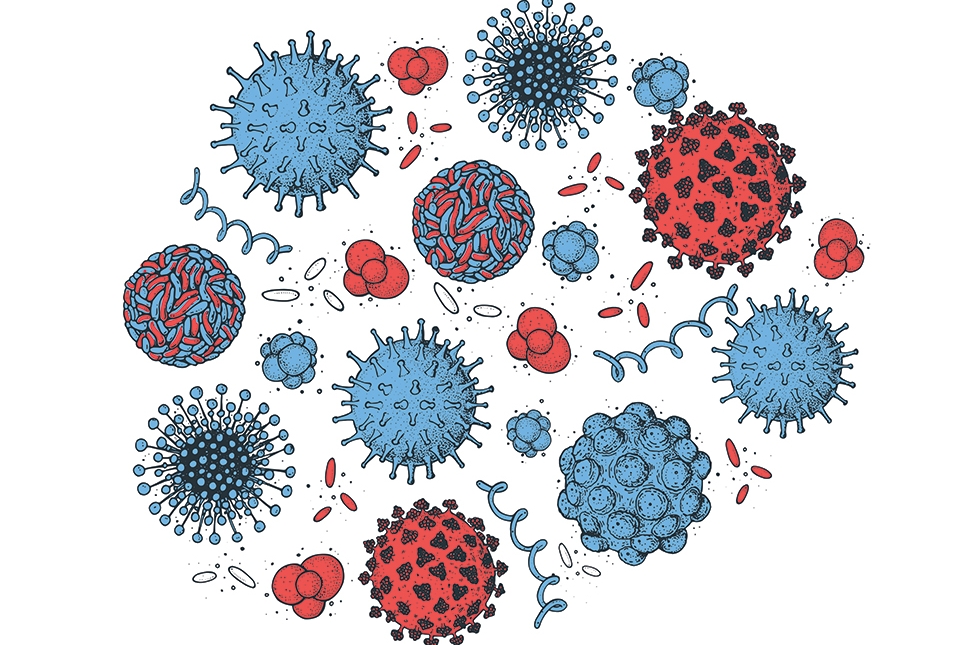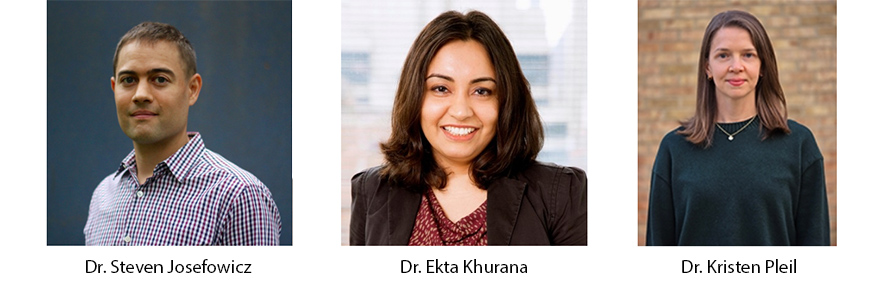Credit: Shutterstock A major new effort at Weill Cornell Medicine seeks to catalog the normal human virome, the immense ecosystem of viruses that lives in and on us. The work, part of a multi-institution collaboration called Viromes Across Space and Time (VAST), supported by the National Institute on Aging, part of the National Institutes of Health, will pioneer new techniques,…










